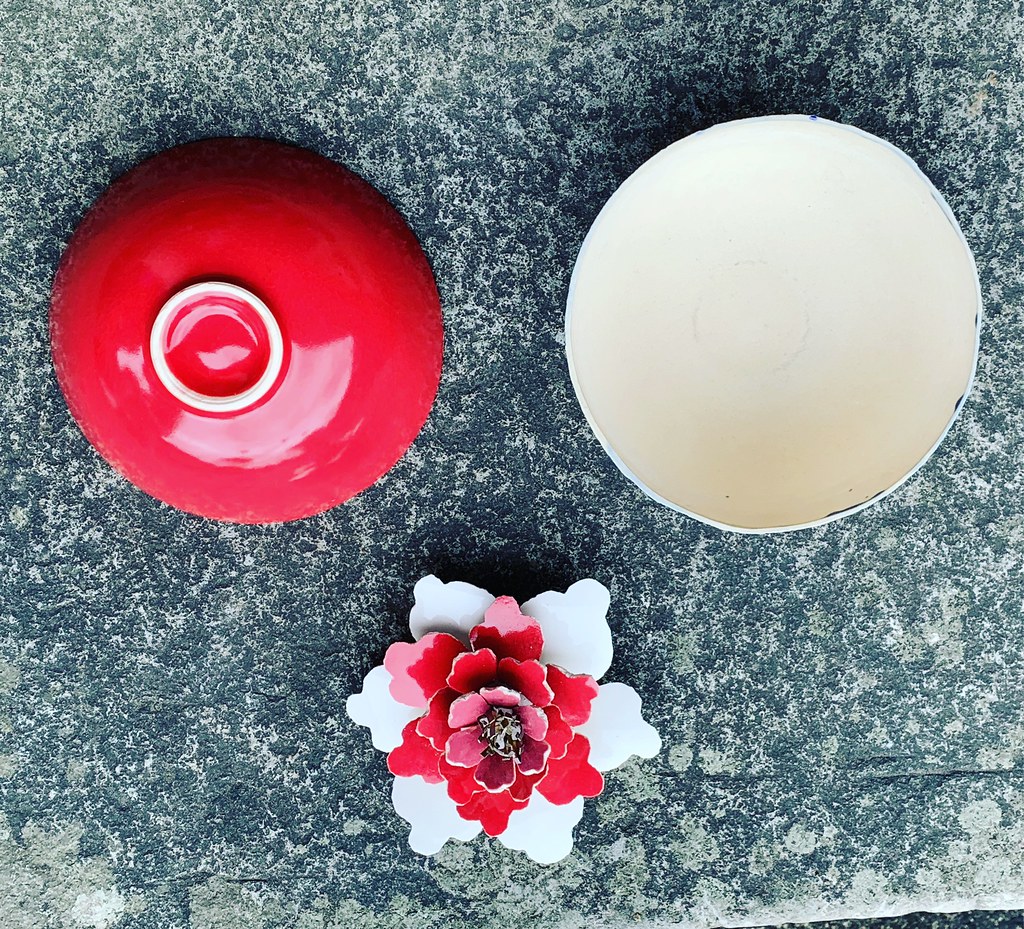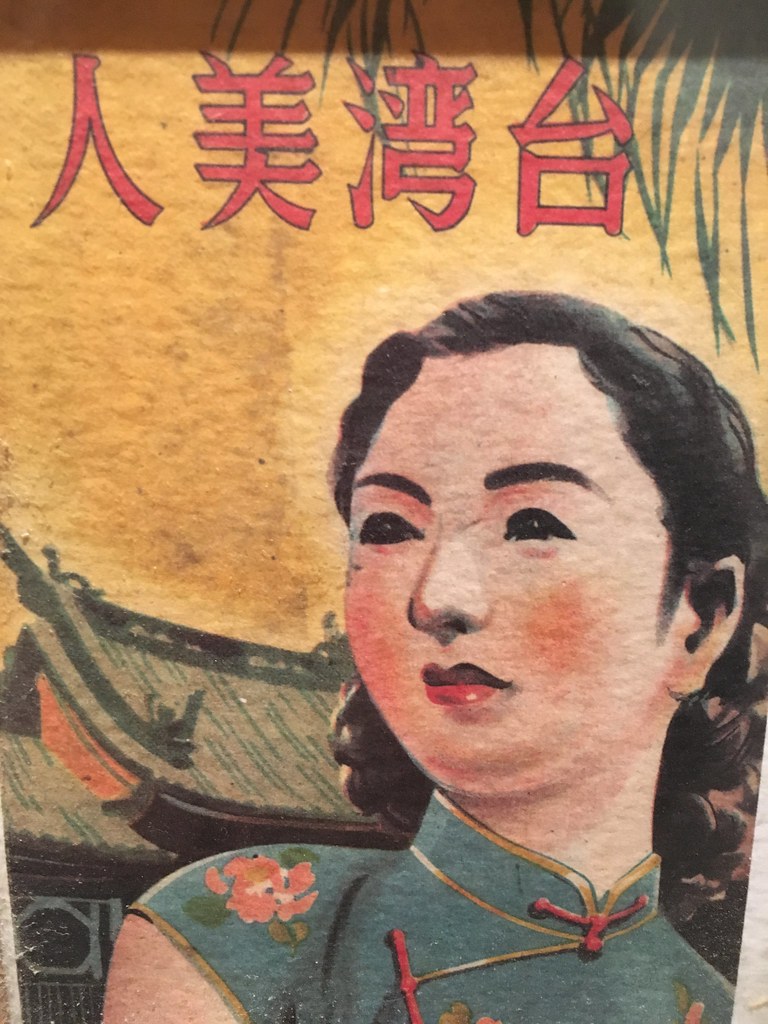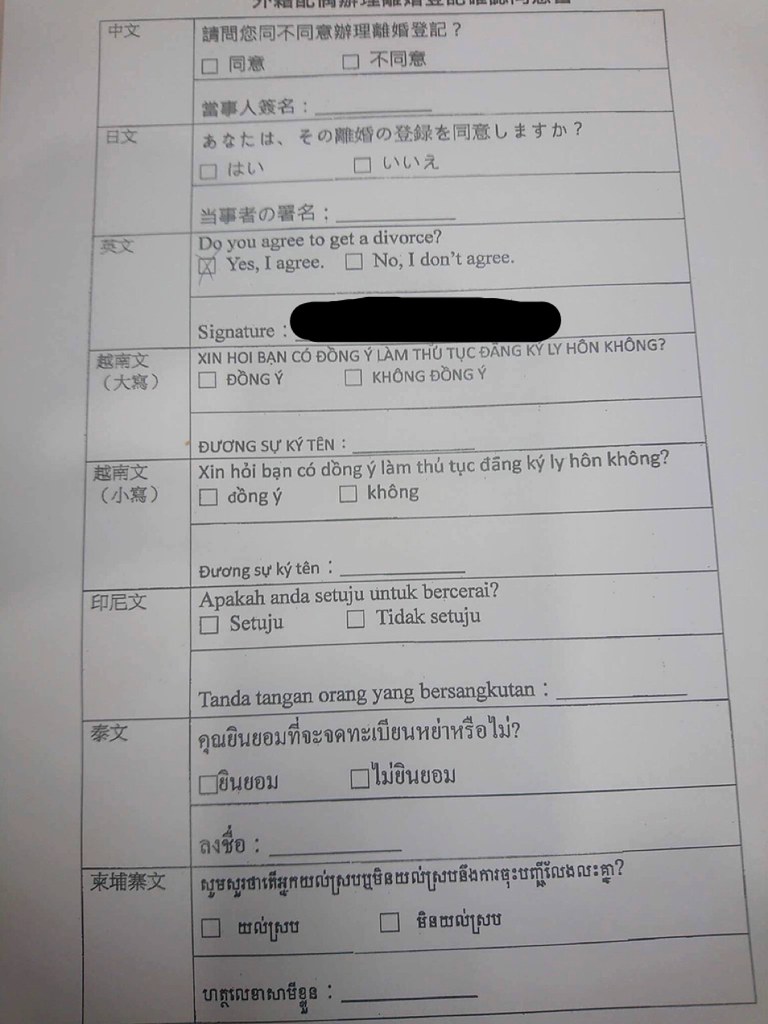 |
| Denise Ho (Wikimedia Commons) |
I'd like to start by saying that this is not a complaining post. I actually have something positive to say, so let's get the negative stuff out of the way first.
Back in 2017, the New Power Party held a forum with Hong Kong activists Joshua Wong and Nathan Law. The event itself was kind of forgettable, although I suppose it was important to demonstrate that activists from Taiwan and Hong Kong do have strong ties. You may remember that they were attacked at the airport by pro-China people of dubious affiliation when they arrived.
For something that wasn't too memorable, this event sticks in my head for an unrelated reason: the whole thing was a massive sausage fest, and no-one seemed to notice, at least not publicly.
 |
Source: New Power Party
No, really:
|
 |
| Source: New Power Party Facebook page |
Seriously, did you guys serve ketchup and mustard at that absolute hot dog stand of an event? Did you really (unintentionally, I'm sure) shove the one unsmiling woman off to the side?
This was just one event that I happen to remember for this reason, but it's indicative of a trend.
This, to me, looked a lot like the male-dominated social movements of 2014: in Hong Kong, the leaders who emerged from the Umbrella Movement were the aforementioned Wong and Law. From the Sunflowers, if you're not someone who closely follows this corner of Taiwanese politics, can you name any prominent figures beyond Lin Fei-fan, Chen Wei-ting and Huang Kuo-chang? Of course women were involved and some did play prominent roles, including going on to political involvement, but the media and general public seem to have mostly forgotten about them.
I've thought, over these years, that this was a two-pronged (heh) problem. The first is unintentional but deeply problematic: that long-forgotten 2017 event that nobody questioned as being exceedingly male made it quite clear that few involved in these movements was actively invested in encouraging more gender-balanced participation. Few were pointing out that sausage-festiness of it all or paying attention to disproportionate and unfair media representation (though some did - New Bloom is good at consistently drawing attention to this issue), and fewer were trying to make it right. Nobody was reaching out to women who wanted to get involved. It wasn't malicious, but it had the effect, combined with the public's tendency to listen to male voices over female ones, of making it seem like a bit of a boys' club.
The second was more malicious at an individual level. I've mentioned this before, and I'll say it again: there are multiple stories I simply cannot tell publicly about women I know who have been treated like dirt by the supposed 'good guys'. From being casually dismissed to treated like a secretary to unwelcome come-ons, and having nobody to turn to who really cared enough to stand up against such behavior alongside them, I am aware that, while some of 'the good guys' are genuinely good guys, others are not always all that great.
But don't think that this is a grousing or whining post - things are getting better. I want to point that out and highlight this fact, to encourage you all to keep an eye on both the women involved in activism in Asia, and to be part of the push that encourages more women to get involved.
I was so happy to see Hong Kong singer and activist Denise Ho go to Washington DC earlier this week to testify before Congress along with Joshua Wong. I was even happier to see that Ho got just as much press for her remarks (which I personally thought were more powerful, but that's really a matter of opinion). In some cases, she got the spotlight. (The original article is from Reuters).
One of the bright sides - in a season of protests with very few bright sides - is that women just as much as men are now being seen in activist roles, even though the protests themselves are officially leaderless.
The #ProtestToo event called attention to allegations of sexual harassment and assault of female protesters by police - the first time I think a whole movement like this, in Asia, has taken an interest in a gender issue. I'm delighted to see not just Wong and Law, but also Agnes Chow Ting taking leading roles - and Yau Wai Ching before her.
 |
| Agnes Chow being interviewed in 2018 (Source: Wikimedia Commons) |
I think Taiwan is waking up too, and starting to actively seek out female activist voices (the News Lens article on Meredith Huang linked far above is from early 2019), but we'll have to wait and see.
That doesn't mean we've completely turned things around, though. That trip to DC where Denise Ho made the news? Yeah, well:
 |
| Source: Joshua Wong's Facebook page |
I've seen regular old journalists referred to on Twitter as "female journalists" covering Hong Kong for no discernible reason and thought - shall we also refer to 'male journalists'? Why not?
 |
| Source: right there in the image, it's all over Facebook |
I've also felt in some cases, however, that images of (mostly attractive) women protesting in Hong Kong have been used to rally people or draw sympathy simply because they are female, which - to me - doesn't really honor the reasons why those women are on the streets in the first place. I can't be too upset about this, after all, one of the most iconic figures of the protests has been Grandma Wong (who has apparently not been seen since August 13). On the other hand, it does seem like female images are used when they are either young and pretty, or venerable elders.
And yet, it's a (tiny) step forward. I can only hope the trend continues, and does something to kick the dudes here into action.















